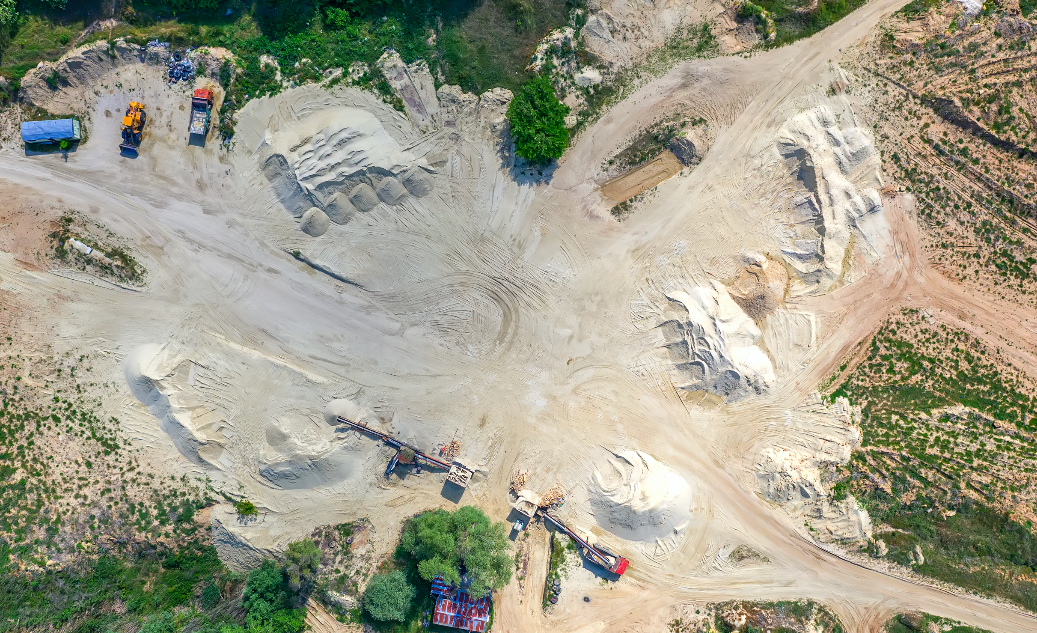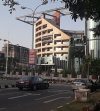While the regime of Paul Kagame has embarked on a reform of all sectors of the economy in recent years, from finance to new technologies and advanced training, mining also figures prominently. The country wants to enhance its subsoil by not only intensifying mining, but also working to become a benchmark in the finished or semi-finished processing of regional mining products. However, does he have the means for his ambitions? Analysis by the Ecofin Agency.
Ambitious goals One of the difficulties encountered by African countries in their journey towards development is sometimes the lack of a clear compass.
The Rwandan government overcame this obstacle very early on by implementing reforms designed to make industrialization a real lever for the development of the mining sector.
With this in mind, a document entitled “National Transformation Strategy” was drawn up and adopted in 2017. It sets a number of objectives that must be achieved by 2024. While most African mining countries leave the task of transforming their mineral production to Western facilities, Rwanda wants to take on this task on its territory.
It is therefore a matter of giving priority to investments that bring added value to national mining products, in particular 3Ts: tin, tantalum and tungsten.
This will lead to the construction of a large number of factories intended in particular to smelt cassiterite into tin, to refine wolframite to obtain tungsten, to transform tantalite into tantalum.
A gold refinery, “capable of processing large quantities of gold from all over the continent”, already exists. The country would thus become an alternative for African gold producers like Mali, Ghana or Tanzania, currently obliged to send their ingots to Switzerland or South Africa. Rwanda is even considering embarking on the cutting and polishing of precious stones, an activity little practiced on the continent. “Rwanda is ready to create added value in the mining sector.
The existing gold refinery, the active tin smelter and the future tantalum refinery prove this ”, confirmed in 2019 Aleksandra Cholewa, director of investment and development at Luma Holdings LTD, a company operating in the country.
If it succeeds, the Rwandan government hopes to increase annual mining export revenues from $ 373 million in 2017 to around $ 1.5 billion by 2024. A significant investment, in the construction of new foundries in particular, is planned to support the revival of the mining sector affected by the Covid-19 crisis, with 11.5% growth expected in 2021.
In addition, the creation of an efficient value chain for the processing of mining products would country a less expensive destination for the producers of the sub-region who will also derive more profit from their basements.
A regulatory framework up to the task Building a large and competitive industrial sector can only be achieved with massive investments. To raise these funds, Rwanda embarked on a charm operation with donors by cleaning up its various laws and regulations. In addition to the new mining code which was adopted in 2018, the country set up, a year earlier, Rwanda Mines, Petroleum And Gas Board (RMB).
This institution is responsible for coordinating government actions in the mining and hydrocarbon sector, while advising the state on the means to be implemented to develop them. Added to this is the existence, since 2008, of the Rwanda Development Board (RDB), the body responsible for supporting and promoting investments in the country.
Placed under the authority of the Presidency, this institution has notably promoted the establishment of an incentive regulatory framework for the development of the mining sector.
All investors benefit from a corporate income tax exemption of up to 7 years for a minimum investment of $ 50 million. In addition, companies working on projects to export processed minerals on Rwandan soil are entitled to a preferential tax of 15% on income, up to 50% of turnover.
The mining equipment required for these facilities is also exempt from taxes.“We are opening up our mining sector in a way that has not been done in the past […] we recently revised our regulatory framework, from policy to mining code and regulation, not only to make companies competitive, but also to provide a platform that will allow companies to easily comply with regulatory requirements ”, summarizes Francis Gatare, CEO of RMB At the same time, the Rwandan government has worked upstream to guarantee buyers of national production the reliability of the product, especially with regard to accusations of “blood ore” or “conflict ore”.
The government adopted an anti-mineral smuggling regulation in March 2011 and, since that date, 100% of Rwandan minerals are said to be traceable from their mine sites to their point of export. A notable symbol of this achievement, East Africa’s largest tin smelter, Luna Smelter, located in Rwanda, was certified “conflict-free” in February.
The distinction was awarded by the Responsible Minerals Initiative, after an assessment that found the facility’s compliance with various standards in this area, including that of the Organization for Economic Co-operation and Development (OECD).
Alternative mining Rwanda has laid the foundations for future success on the path it has mapped out, and has given itself the means to get there. However, if he does not quickly succeed in achieving his goals, he can count on the riches of his subsoil to ensure his development in the short and medium term. It should be remembered that it already claims to be Africa’s third-largest tin producer in 2018 (with 2,400 tonnes) and is one of the largest exporters of the mineral.
While reliable data on the country’s mineral resources are scarce, it is nevertheless known that Rwanda hosts, in addition to the above-mentioned minerals, gold, diamonds, rare earths, lithium, iron, cobalt, etc.
In recent years, the government has launched various prospecting campaigns that have helped to update part of the country’s mining potential. With its regulatory framework favorable to investments, the country can attract mining companies to exploit its own resources … failing to become an industrial mining hub for the Great Lakes region, or even for the continent.
Source Ecofin Agency




















